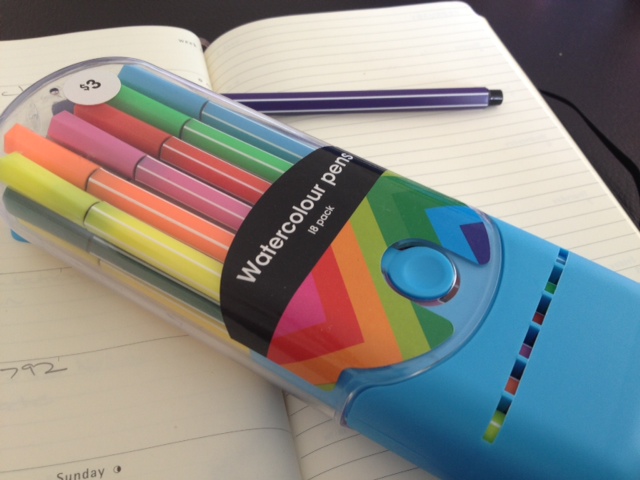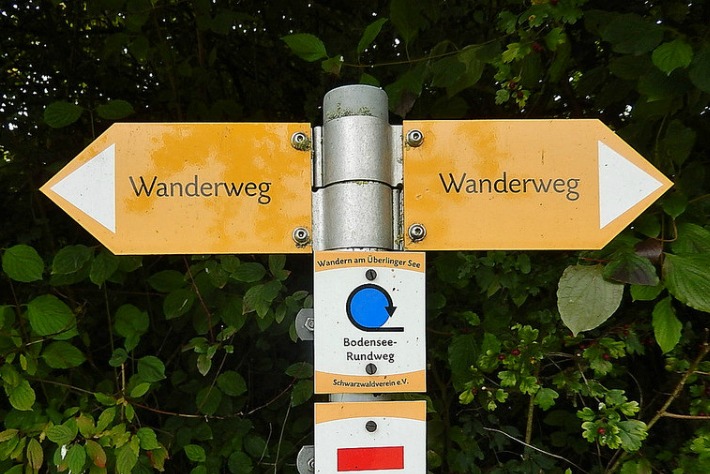I wrote this article for yourkidsed.com.au some time ago and felt it was now time to share it here on the parenting files.
*****************
We all want to have close friendships. As human beings, by nature, we gravitate to the acceptance of others and crave the need to feel worthy and loved. We are creatures that need to be around others, as opposed to totally be reliant on our own company.
Going to school is no longer about the activities they may be learning, but rather the friends they are going to see. Similarly, because their best friend is playing soccer, your child too wants to play. We currently live in a world where social acceptance is one of the biggest achievements, yet challenging experiences young children and teens experience today. Being accepted by others can be the make or break between someone feeling good about themselves and someone questioning their place in the world.
As parents, it is our role to help guide our children to make positive friendships and connections. Although we may not be able to “fix” our children’s friendship problems, we can help them learn appropriate coping skills.
There may be many reasons, or none at all, why children’s friendships are lost or disconnected; an argument or disagreement, change of school or individual growth where things in common are less and less. Whatever the reason, the processes of helping our children gain resilience and confidence to fight the situation remains the same.
First and foremost is to listen to your child. Listen to their story, their pain, their feelings. Help them express what they are feeling and what emotions are going on for them. Many children often feel something but cannot put into words, and thus get confused and uncertain in themselves and their feelings.
For younger children, there are many tools you can use to help them with this process, such as toys, games or drawings. By them expressing their feelings and being listened and heard, this is the first step in their resolution process and resilience.
Parents need to also try to help children see things from other perspectives and angles. Children often only have a one-way tunnel vision, seeing things and situations from their perspective only.Asking them, “What do you think your friend was feeling at the time?” encourages them to try to put the shoe on the other foot – to look into the eye of the other and try to empathise with the other person. Talk to them about what happened and help them work out different options for expressing themselves of their feelings and wants in different ways.
Often conflict may arise because of differences in how each person has expressed themself. Talk about emotions, feelings, and ways children can express their feelings in socially and acceptable ways.
Children need to learn that disappointment and conflict are a normal part of everyday life and that they can have the strength to cope with these challenges and set backs. Empowering children to be confident in themselves, and who they are gives them the building blocks to be resilient to life’s challenges. Teaching them to assertively stand up for themselves – a strong and firm “No, I don’t like it when you do that”, helps them to build this inner confidence and self worth that enables them to better cope with disappointment and social pressure.
Practice these words and phrases at home while similarly modelling good behaviour and responses. Children will pick up on how parents deal and cope with conflict and disappointment. Be aware of how you model this at home and ask yourself if there is something you could change a little in yourself?
Remember that we also need to let our children work through their minor squabbles and disagreements on their own. We need to allow them to try and come to a resolution for themselves, not always relying on their mum or dad for this. If we are too quick to jump in and solve their squabbles and minor disagreements, they will soon expect this on most occasions, and not learn these valuable life skills for themselves.
As parents we never want to see our children hurting or upset and want to do everything we can to prevent this. But it is these very feelings that children need to experience to learn to understand and cope with later in life. Learning how to express and cope with our emotions is one of the biggest tools we all need.
Children will experience disappointment and letdowns. They will experience challenges and emotional rollercoaster’s. But we can help and empower them to work through it and get to the other side by reassuring, supporting and listening to them.
Have your children experienced some challenges with their friends?
{Image – you can find this beautiful image on my pinterest board}




